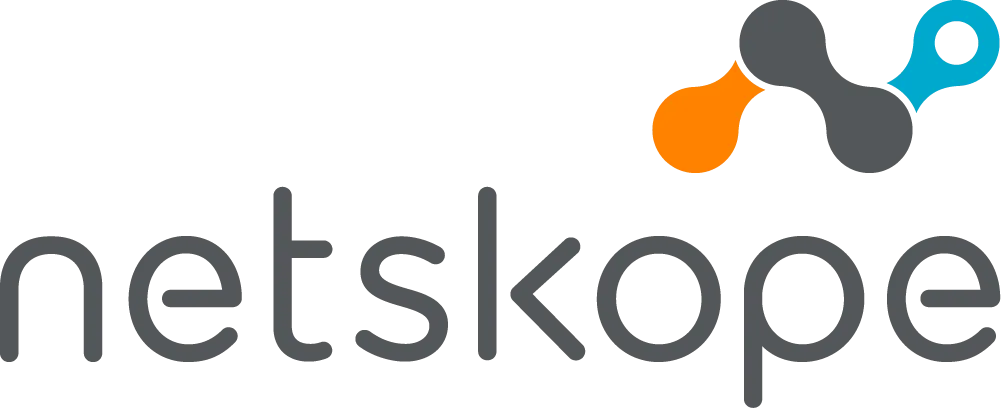
Provides visibility and the controls organizations need to help protect private data in the cloud and comply with the European Union’s Global Data Protection Regulation (GDPR).
Vendor
Netskope
Company Website
Netskope helps with GDPR cloud-readiness
Understand personal data collection
Personal data can only be collected as necessary to the purpose of use, with limitations on the processing of ‘special data’ and ‘sensitive data.’
- Restrict upload or download of “special data” and “sensitive data” per definition with Netskope Cloud DLP.
- Assess functionality and data elements of a processor before it is put in place for the organization using Cloud Confidence Audit (CCA). Using CCA:
- Run reports on which processors do not adhere to standards for data ownership (those that specify that the vendor, and not the customer, owns the data).
- Run reports on which processors do not adhere to privacy controls ( those that allow third-party cookies, access of personal data on the device, and access of other apps on the device), including whether personal data is being used for such things as marketing purposes, etc.
Track local storage
Controllers and processors must know the location where personal data is stored or otherwise processed.
- Use Netskope to assess where data is stored and/or processed for each processor (cloud service).
- Enforce policies with the Netskope Active Platform for processors that do not store/transfer data in secure locations (on List of Adequate Jurisdictions maintained by the European Commission of approved countries and territories) or process data in undetermined locations, such as blocking cloud service from being used.
- Run reports on application/service usage summarized by destination location.
Deploy adequate security
Controllers must take adequate security measures to protect personal data from loss, alteration, or unauthorized processing.
- Discover and protect sensitive data at rest in a managed processor (cloud service) or for real-time activities in all cloud services using Netskope Cloud DLP with support for 3000+ data identifiers, 500+ file types, language-agnostic double-byte characters, custom regular expressions, proximity analysis, fingerprinting, and exact match, and more.
- For example, use the Netskope pre-defined GDPR DLP profile (or use a custom one) to find PII and encrypt it or quarantine it and pull it back on-premises (or put in legal hold for review) as processors and controllers are required to notify users if their unencrypted personal data have been lost and must notify supervisory authorities of a data breach.
- Apply security policies such as “Block use of cloud storage services rated ‘Medium’ or below from use” to ensure organizational usage of secure, vetted processors only.
- Detect and automatically remediate cloud threats and malware like ransomware residents in sanctioned services or in real-time activities like uploads and downloads to prevent information from being stolen.
- Identify credentials compromised in another breach and correlate activity within processors contracted by controller, to initiate a workflow to reset credential within SSO across all enterprise-managed processors.
Prevent and enforce security
Controllers must prevent personal data from being uploaded to personal cloud services and personal devices (BYOD) or enforce the organization’s security measures in personal clouds and devices.
- Understand and query on all access and activities by device and device classification, for example, BYOD.
- Enforce access and activity-level policies based on device type and classification.
- Enforce policies on mobile devices to ensure that corporate and personal data are not backed up to mobile apps or using mobile apps to back up data to the cloud. Integrate with MDM solutions for additional device-level control.
- Enforce policies to ensure that corporate and personal data only go into processors approved by the company and not personal instances on the same processor, for example, allow the upload of confidential data to corporate Box but not to personal instances of Box.
- Differentiate between processor (service) instances to ensure corporate policies and visibility only in place for sanctioned processors and personal data related to organizational and business processes.
Assess security standards
Controllers must know the privacy and security standards the processor adheres to and assess those standards.
- Track personal data with cloud forensic analysis to log and audit which processors have processed and/or possess personal data to comply with requests for information on an individual’s personal data.
- Assess enterprise-readiness of processors on 50+ parameters with CCI (including privacy features such as whether app enables sub-processors or does anything else with data as well as data security features such as encryption of data at rest and cipher type). Netskope also determines GDPR-readiness of apps on a high, medium, low scale based on the parameters.
- Use CCI to see if the processor enables audit logging to determine whether unauthorized individuals access cloud service.
- Use CCI to determine physical and logical security measures of processor, such as SOC-2 and ISO27001, not to mention app privacy seals such as TRUSTe and compliance certifications like Privacy Shield.